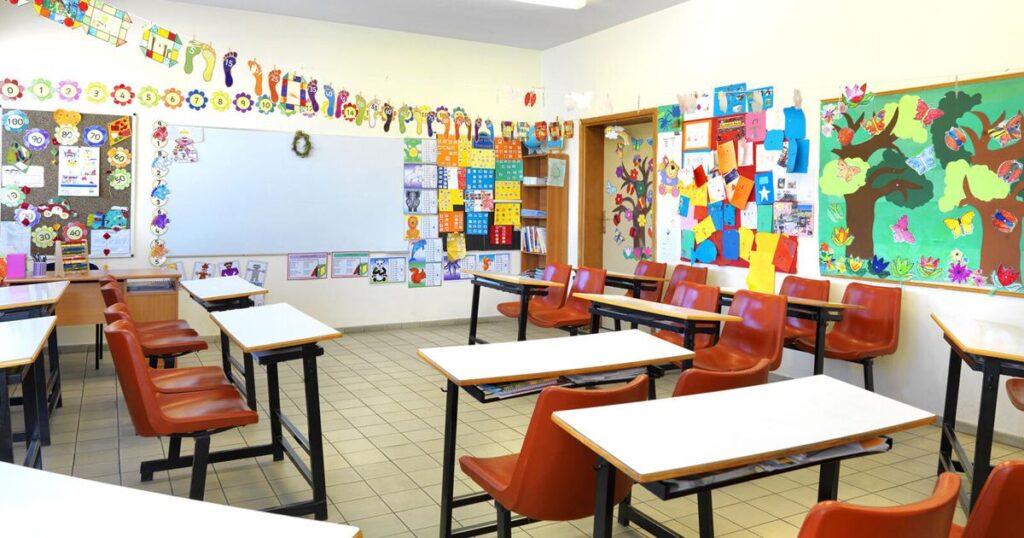A bill that would increase Alaska's base student quota and increase transportation costs and funding for students with reading deficiencies passed the Alaska House of Representatives on Thursday.
Representative Stanley Wright, an Anchorage Republican, successfully introduced an amendment to Senate Bill 140 that would increase the BSA by $680. The House then voted 38-2 in favor of the amendment.
Additionally, the bill would increase transportation funding per student in Fairbanks by $152 and provide $500 to each kindergarten through third grade student identified as having a reading deficit.
SB 140 now heads back to the Senate for approval before being sent to Gov. Mike Dunleavy's desk.
When the Fairbanks School District administration released its budget proposal for next year, it anticipated an increase of $340 per student for BSA. In the new amended bill, that number has doubled. However, the school board said it was still not enough to make up for the budget deficit.
“Let me be clear: We are extremely grateful to Congress for funding and listening to our schools early on,” said Brandi Harty, school board president. “We got half a loaf when we needed a whole loaf, but we are not ungrateful because we got something.”
Harty said the BSA's $680 increase is significantly less than what the district would need to fully fund public education in the district.
Alaska state Rep. Frank Tomaszewski (R-Fairbanks) claimed in a Facebook post that the $680 BSA increase “will completely eliminate the proposed budget shortfall for school districts.”
“The number is $1,200 and we made that clear,” Harty said. “That would actually eliminate the deficit. This is about half the amount needed to eliminate the deficit.”
With a $29 million deficit next year, the school board is scrambling to figure out what cuts will need to be made to achieve a balanced budget as required by state law.
District administrators recommended closing Ben Eielson Jr./Sr. The high school and Tikasook Brown Elementary School are included in the budget proposal, while Two Rivers Elementary School and Pearl Creek Elementary School are also listed as alternatives for closure.
Harty said the increase in BSA still does not exclude the possibility of school closures.
“That will be a discussion at the board meeting,” she said. “I can't speak to the decisions the board will make. I can say that the increased funding has allowed us to consider other options.”
Harty added that those discussions will take place in public meetings and will also include feedback from the public.
There are also concerns that Governor Dunleavy may veto the bill, even though it has near-unanimous support in both chambers of the Legislature. After the Legislature passed one-time public education funding last year, the governor vetoed half of the approved amount, amounting to an $8 million loss in projected funding to school districts.
In addition to funding education, SB 140 is also linked to federal grants that provide funding to provide strong internet connectivity to rural schools in Alaska. SB 140 is not technically a budget bill, so Dunleavy would have to veto the bill as a whole and not select specific items.
However, if a bill is introduced to appropriate the funds needed to implement the items set forth in SB 140, Dunleavy could issue line-item vetoes against certain items. Congress needs a three-quarters majority in both chambers to override a veto.


